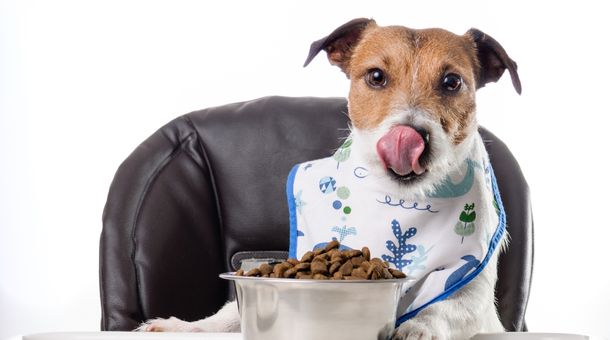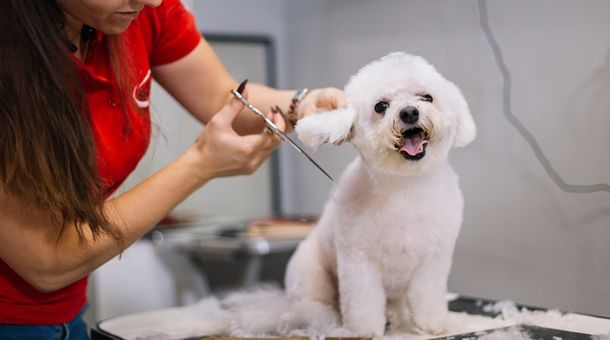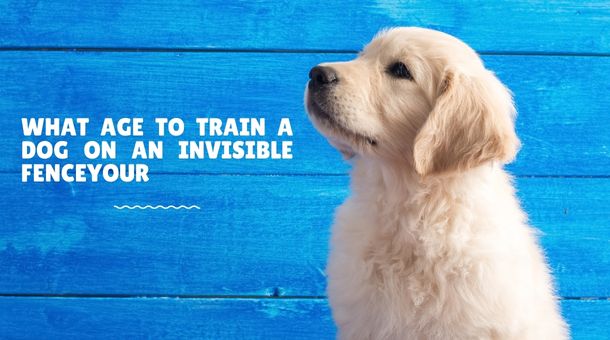In this article, I will examine whether adding water to dry dog food can cause diarrhea. This is an important consideration for those of you looking to moisten dry food to make it more enticing for your dog or those who have already done this: only for your dog to suffer from loose stools.
Can adding water to dry dog food cause diarrhea?
In general, adding water to dry dog food should not cause diarrhea. Many veterinarians and pet nutritionists recommend adding water to dry dog food to help improve hydration and digestion.
However, there are some circumstances where adding water to dry dog food could potentially lead to diarrhea:
Sudden changes in diet:
If you have never added water to your dog’s dry food before, suddenly introducing this change could potentially cause digestive upset and diarrhea. Dogs’ digestive systems can be sensitive to sudden changes in diet, so it is important to introduce any changes gradually.
Bacterial contamination:
If you are using contaminated water to add to your dog’s food, it could potentially cause diarrhea. Use clean, fresh water when adding water to your dog’s food.
Overhydration:
Adding too much water to your dog’s food could lead to overhydration and potentially diarrhea. Generally, you should add enough water to moisten the kibble and make it easier to eat, but not so much that it becomes soupy.
Underlying health issues:
If your dog has an underlying health condition that affects digestion, such as inflammatory bowel disease or pancreatitis, adding water to its food could worsen its symptoms.
What ingredient in dry dog food causes diarrhea?
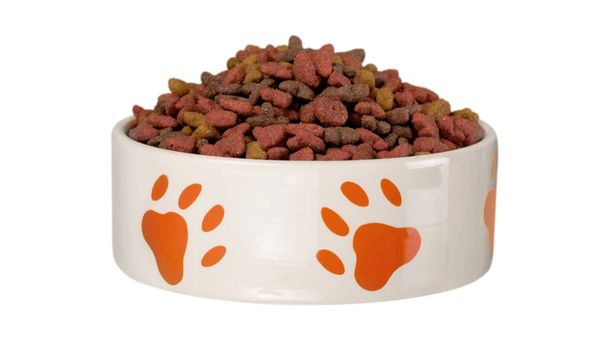
No ingredient in dry dog food is known to cause diarrhea in all dogs. However, some dogs may be sensitive or allergic to certain ingredients in their food, which can lead to digestive upset and diarrhea.
Some common ingredients that can cause diarrhea or digestive issues in some dogs include:
- Grains: Some dogs may have difficulties digesting grains, such as wheat, corn, or soy, leading to diarrhea or other gastrointestinal symptoms.
- Meat byproducts: Some lower-quality dog foods contain meat byproducts or animal digestion, which can be difficult for some dogs to digest and lead to diarrhea.
- Artificial preservatives: Some dog foods contain artificial preservatives, such as BHA, BHT, and ethoxyquin, which can irritate the digestive system and cause diarrhea.
- Lactose: Some dogs are lactose intolerant, which means they have difficulty digesting lactose, a sugar in milk and dairy products. This can lead to diarrhea and other gastrointestinal symptoms.
- High-fat content: Some dog foods may have a high-fat content, which can be difficult for some dogs to digest and lead to diarrhea.
What to Do About Your Dog’s Diarrhea?
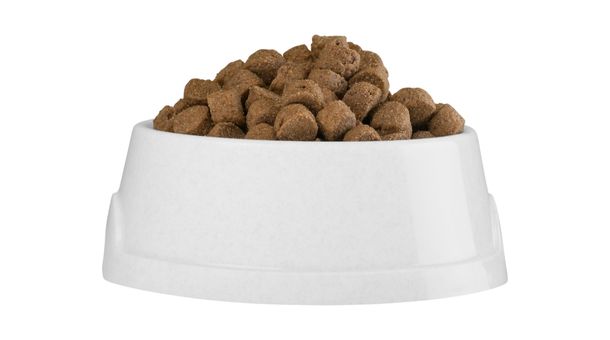
Here are some steps to take if your dog has diarrhea:
Monitor your dog:
Keep a close eye on your dog’s bowel movements and behavior. Take note of how often your dog has diarrhea and whether there are any other symptoms, such as vomiting or lethargy.
Withhold food:
To restart your dog’s digestive system, you can withhold food for 12-24 hours. Ensure your dog has access to plenty of fresh water to prevent dehydration.
Gradually reintroduce food:
After fasting, you can gradually reintroduce small, bland meals of boiled chicken and rice or a prescription diet recommended by your veterinarian. Avoid feeding your dog fatty or spicy foods that could further upset their stomach.
Provide hydration:
Ensure your dog has access to plenty of fresh water to prevent dehydration. You can also offer your dog small amounts of water mixed with electrolyte solutions, such as Pedialyte, to help replace lost fluids and minerals.
Contact your veterinarian:
Suppose your dog’s diarrhea persists for more than 24 hours. If the blood in the stool or your dog shows other signs of illness, such as vomiting, lethargy, or loss of appetite, you must contact your veterinarian for further evaluation and treatment.
Collect a stool sample:
If your veterinarian recommends bringing your dog in for an exam, collecting a stool sample to bring with you may be helpful. This can help your veterinarian diagnose the cause of diarrhea and determine the best course of treatment.
Follow your veterinarian’s recommendations:
Depending on the underlying cause of your dog’s diarrhea, your veterinarian may recommend medication, dietary changes, or other treatments. Follow their recommendations carefully to help your dog recover quickly and safely.
Can add water to dry dog food is good for dogs?
Yes, adding water to dry dog food can be beneficial for dogs in several ways:
Improved hydration
Adding water to dry dog food helps to increase the moisture content of the food, which can be beneficial for dogs not drinking enough water. This can help to prevent dehydration and promote overall health.
Improved digestion
The added water’s moisture helps soften the kibble, making it easier to chew and digest. This can be especially helpful for dogs with dental problems or difficulty chewing.
Better nutrient absorption
When dry dog food is moistened with water, it can help to improve the absorption of nutrients from the food, which can benefit overall health and well-being.
Weight management
Adding water to dry dog food can help to increase the volume of the food without adding extra calories, which can be beneficial for dogs that are overweight or obese.
How much water is added to dry dog food?
The amount of water to add to dry dog food can vary depending on a few factors, including the dog’s size, the type of food, and the individual dog’s preferences.
As a general guideline, add 1/4 to 1/2 cups of water per cup of dry food. You can adjust the amount of water based on your dog’s preferences and their preferred consistency.
Conclusion
In conclusion, adding water to dry dog food should not cause diarrhea under normal circumstances.
However, if you notice that your dog is experiencing digestive upset or diarrhea after adding water to their food, it is important to consult with a veterinarian to rule out any underlying health issues and to determine the best course of treatment.

